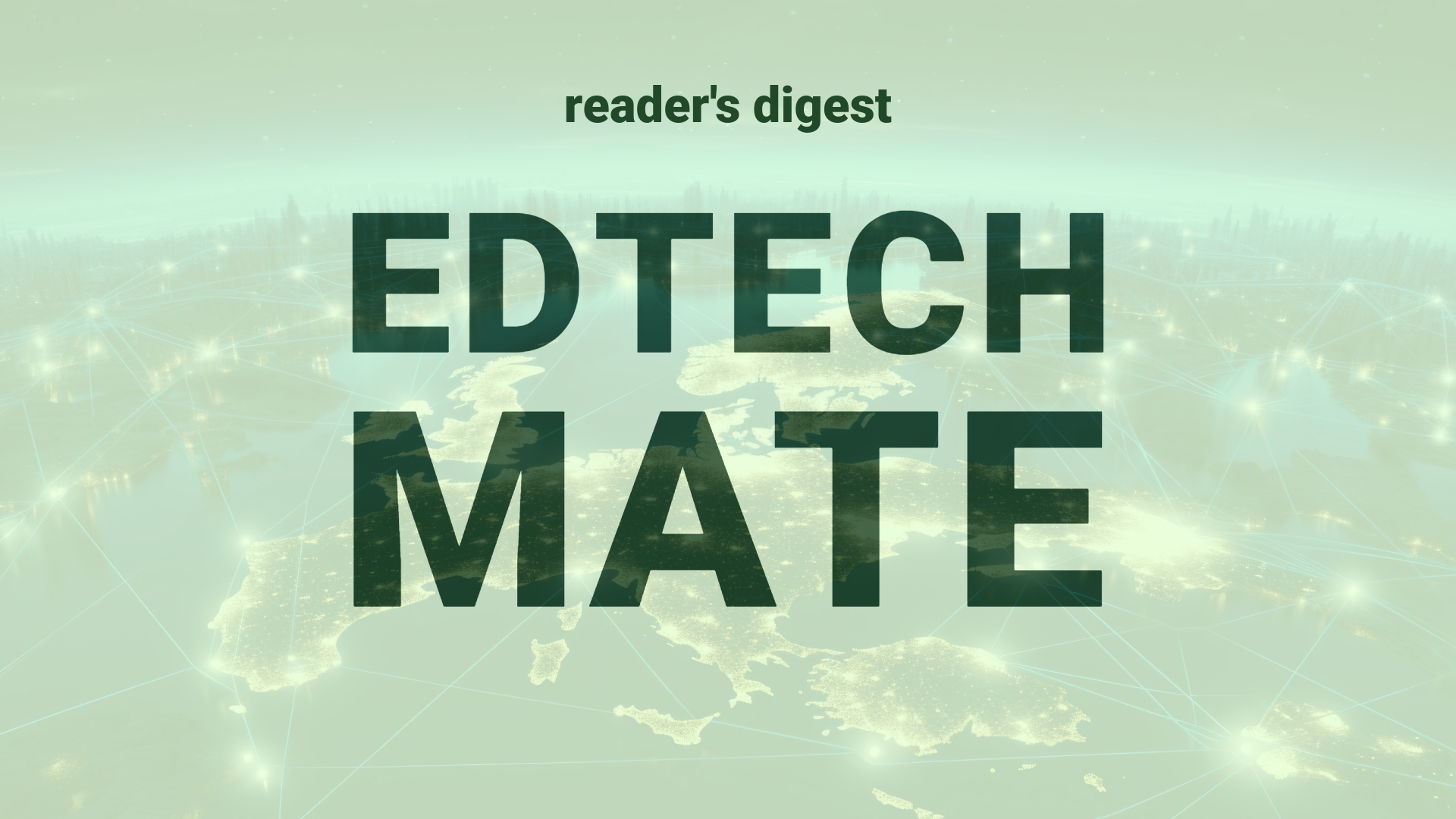Executive Summary and Main Points
Apple recently announced the discontinuation of its Apple Pay Later program, a buy-now-pay-later (BNPL) service introduced in the previous year. This program allowed customers to make online purchases and repay in four installments without interest for amounts up to $1,000. Apple’s decision to cease this service reflects a strategic shift in their fintech approach, opting instead to facilitate installment loans through third-party partners such as Affirm and major financial institutions like Citigroup. This global offering is expected to reach a wider audience than the U.S.-limited Apple Pay Later.
Potential Impact in the Education Sector
The termination of Apple’s BNPL program could have significant implications for Further Education and Higher Education, where such financial tools are often utilized by students to manage the costs of learning materials and technology products. The move towards broader partnerships with established credit and debit card issuers may provide more accessible financing options for educational expenses on a global scale. With a focus on secure and private transactions, Apple’s strategic direction could bolster confidence in digital payments within educational institutions, potentially accelerating the digitalization of financial management and transactions in the sector. In the realm of Micro-credentials, the availability of varied lending options through international financial networks may facilitate greater participation and investment in these educational programs.
Potential Applicability in the Education Sector
Apple’s pivot to third-party installment loans offers a new framework for innovating how students and educators finance education-related expenses globally. The integration of lending options within the payment process could streamline the procurement of educational technology and resources, utilizing AI to personalize and optimize loan offerings to individual needs. This supports the digital tools landscape in providing innovative payment solutions tailored to global education systems, enhancing access to digital subscriptions, equipment, software, and micro-learning platforms.
Criticism and Potential Shortfalls
Critiques may arise regarding Apple’s entry and exit from the BNPL market, questioning the stability and long-term commitment of tech giants in the financial sector. Comparatively, international case studies may show varying levels of success and acceptance of fintech integrations in higher education, often influenced by cultural and ethical considerations. Critics may also point out potential risks involving privacy and data security, especially in reference to sensitive financial student data, underlining the need for rigorous standards and transparent practices.
Actionable Recommendations
For education leaders considering the utilization of installment loans and partnerships in their systems, it is recommended to:
1. Analyze the potential inclusion of new payment solutions provided by fintech partnerships within their institutions’ financial offerings.
2. Ensure robust cybersecurity measures are in place to protect student financial data in any digital transformation initiative.
3. Collaborate with financial service providers to create tailored, ethical lending solutions that meet the needs of students across various demographics.
4. Stay informed about global trends in fintech to facilitate the adoption of best practices and innovative financing models within the educational sector.
5. Leverage AI and machine learning to personalize financing options that enhance the accessibility of educational resources, especially for international students
Source article: https://www.cnbc.com/2024/06/17/apple-stops-offering-buy-now-pay-later-loans-in-us-.html

